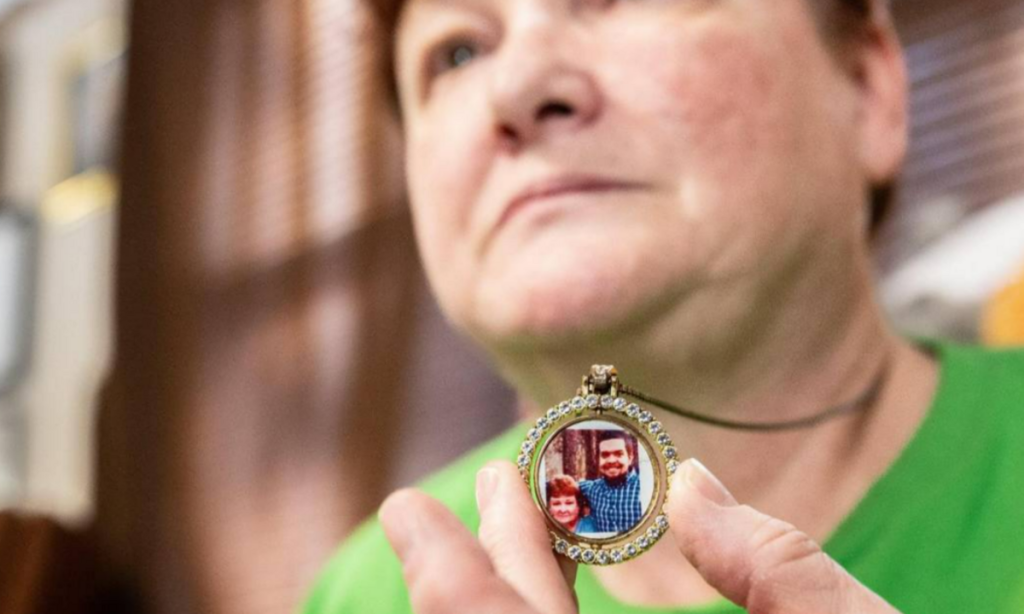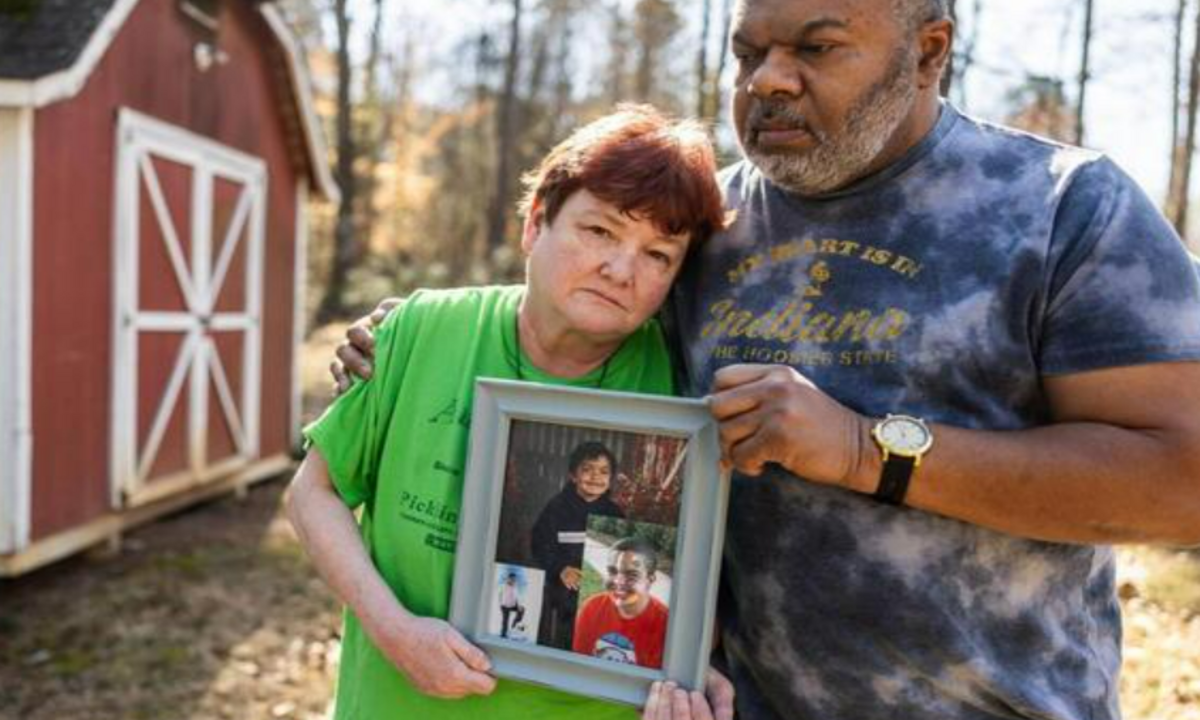The number of suicides inside North Carolina’s state prisons has raised serious concerns among prison advocates and officials.
In January alone, three men died by suicide, which matches the highest number of suicides in a single month in state prisons. This follows a troubling year in 2024, when 13 inmates died by suicide, tying another state record.
Susan Pollitt, an attorney with Disability Rights North Carolina, called the spike in suicides a “terrible red flag”. She said, “It’s an alert. Something is not going right, and people are paying for it with their lives.”
Possible Causes: Solitary Confinement and Staff Shortages
Advocates point to several potential reasons behind the increase in suicides, including the use of solitary confinement and a lack of correctional officers. Prison officials have acknowledged the rise in suicide rates but are still working to find solutions.
Solitary confinement refers to isolating inmates in small cells for 23 hours a day. Studies show that being isolated for long periods can harm inmates’ mental health, making them more likely to hurt themselves. Currently, about 6% of the state’s 31,400 inmates are in solitary confinement, but about half of the suicides take place in those cells.
Lewis Peiper, the Chief of Behavioral Health for the Department of Adult Corrections, explained that while the causes of suicide are complex, mental health problems are a significant factor. “You can’t look at it and say, ‘This is the cause,’” Peiper said. He mentioned that some inmates face traditional depression, while others, like gang members, may feel hopeless and decide to end their lives.
Details of January Suicides
The three suicides in January have been kept somewhat private, with minimal details released to the public. However, reports confirm that all three men were in restrictive housing, a form of solitary confinement. Here’s what is known:
Ivan Jahir Blanco (32) was found dead in his cell at Albemarle Correctional Institution on January 16. Blanco had been convicted of drug trafficking and was serving a sentence until 2030.
Samuel Shore (28) was found dead in his cell at Greene Correctional Institution on the same night. Shore had been convicted of driving while intoxicated and was scheduled for release in April.
David Whittington (25) died on January 19 at Piedmont Correctional Institution. Whittington had been serving time for assaulting a law enforcement officer. His release was scheduled for September.
Despite the tragedies, it remains unclear how the prison system will address these ongoing issues.
Solitary Confinement and Mental Health: A Dangerous Combination
Research shows that solitary confinement is one of the strongest links to self-harm among prisoners. Many experts, including Kayla Dillard, Executive Director of NC CURE (a criminal justice reform group), believe that prolonged isolation can worsen an inmate’s mental health. “A lot of times, people are put into solitary confinement, single cells, and they get ignored,” Dillard said.
Struggles with Prison Staffing
One of the major contributing factors to the rise in suicides is the staff shortage in North Carolina prisons. As of December, about 3,000 correctional officer positions were unfilled, which is about 37% of the total workforce. Some prisons, like Harnett Correctional, have a vacancy rate of over 60%.
When there aren’t enough staff members, it becomes difficult to implement important programs like suicide prevention plans. This staffing issue makes everything more challenging, including monitoring inmates who are at risk of suicide.
Efforts to Address the Crisis
Despite the challenges, the Department of Adult Corrections is working with several organizations to improve the situation. They are collaborating with UNC Charlotte and the National Institute of Corrections to develop better suicide prevention training programs. These efforts are expected to be completed by October 2025.
Additionally, the department is working on strategies to increase staff and improve prison conditions, especially in rural areas where prisons are located. Secretary Leslie Cooley Dismukes has mentioned plans for a media campaign to highlight the important work of correctional officers and attract more workers.
The Road Ahead: Finding Solutions
The rise in suicides within North Carolina’s prisons is a sign that urgent changes are needed. Experts agree that solitary confinement should be used sparingly, and that more resources need to be directed toward mental health care for inmates.
With the Department of Adult Corrections focusing on improving staff numbers and training, there is hope that the suicide rate can be reduced. However, for many advocates, it’s clear that solving the mental health crisis within the prison system will require ongoing work and collaboration across the state.
Disclaimer—Our team has checked this article to ensure its accuracy and eliminate any misinformation. We are committed to providing clear and reliable information for our readers.


